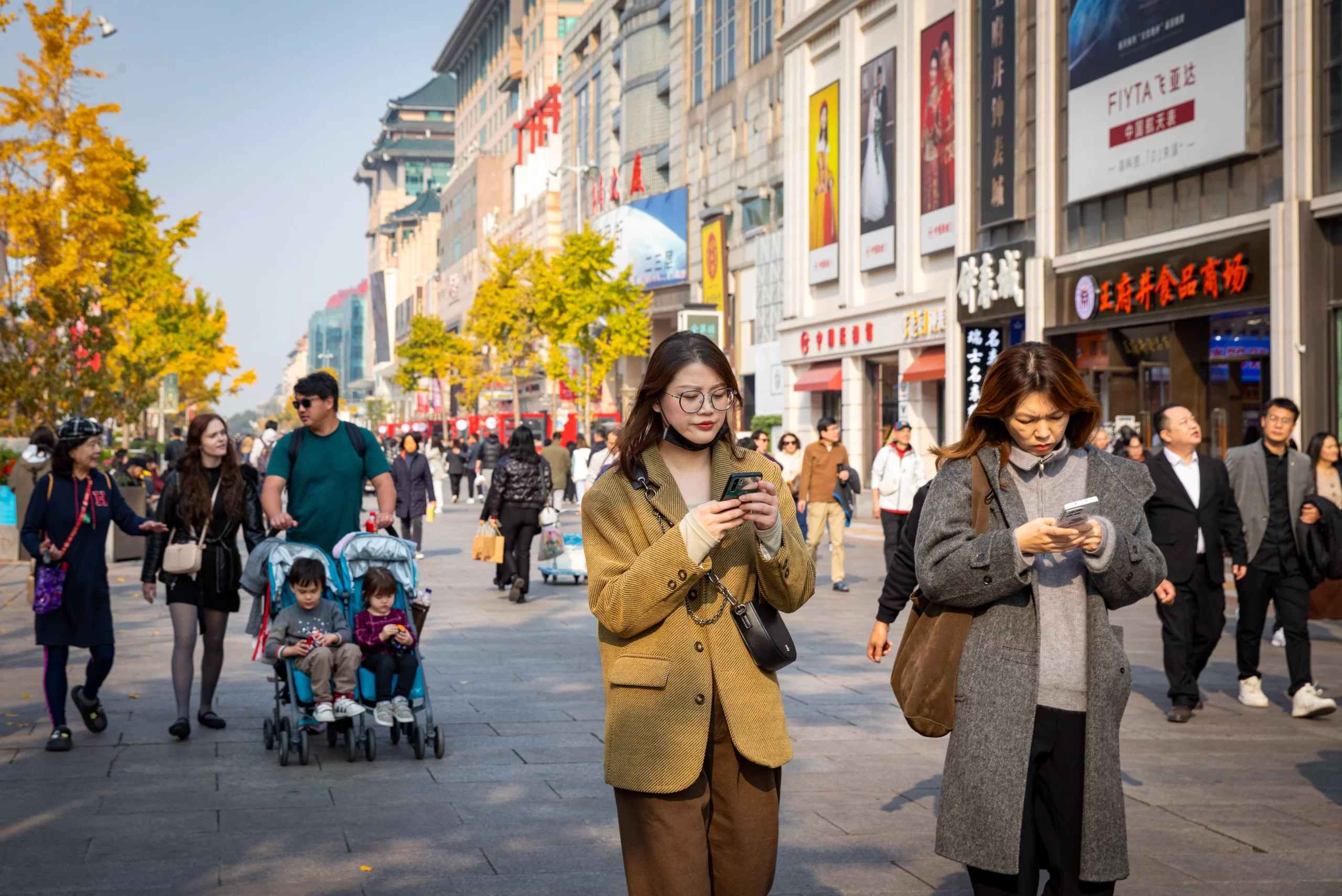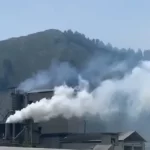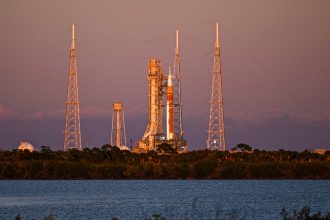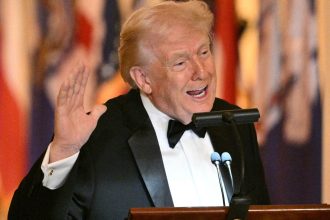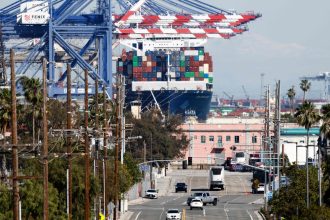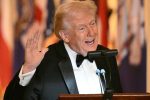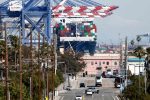Hong Kong – In a decisive move to counter the economic strain caused by U.S. tariffs, China has rolled out an ambitious “special action plan” aimed at stimulating domestic consumption. The strategy, announced Sunday by state-run Xinhua News Agency, underscores Beijing’s efforts to fortify its economy as trade tensions with Washington intensify.
While details remain scarce, the plan covers key initiatives such as raising household incomes, introducing childcare subsidies, and expanding a “cash-for-clunkers” program to incentivize the trade-in of aging cars and electronics. These measures align with Premier Li Qiang’s commitment earlier this month to ensure that the “giant ship of China’s economy” maintains steady growth.
A High-Stakes Economic Strategy
With a 5% growth target set for the year, China is prioritizing consumer spending to reduce reliance on exports. However, the economy faces headwinds, including sluggish consumer confidence, a struggling property sector, and uncertain job prospects. The situation is further complicated by the U.S. ramping up tariffs, with former President Donald Trump’s latest move doubling duties on all Chinese imports to 20% this month. In retaliation, China has imposed fresh tariffs on U.S. agricultural goods, escalating trade tensions.
Signs of Resilience Amid Challenges
Despite these pressures, recent National Bureau of Statistics (NBS) data offers a mixed economic outlook. Retail sales grew 4.0% in January and February, slightly above December’s 3.7% increase and in line with analysts’ expectations. Industrial production also showed resilience, rising 5.9%, outperforming projections of 5.3%.
However, deflation remains a serious concern, discouraging consumer spending. In February, the Consumer Price Index (CPI) fell by 0.7% year-on-year, its sharpest decline in over a year. Analysts warn that without sustained momentum, China’s economic recovery could be short-lived.
The Road Ahead
While fiscal stimulus has provided an early-year boost, economic experts remain cautious. Zichun Huang, an economist at Capital Economics, noted that while the recovery is underway, structural challenges could hinder long-term growth.
As Beijing pushes forward with its latest consumption-driven policies, all eyes are on how effectively these measures can shield the world’s second-largest economy from escalating trade tensions and internal slowdowns.
